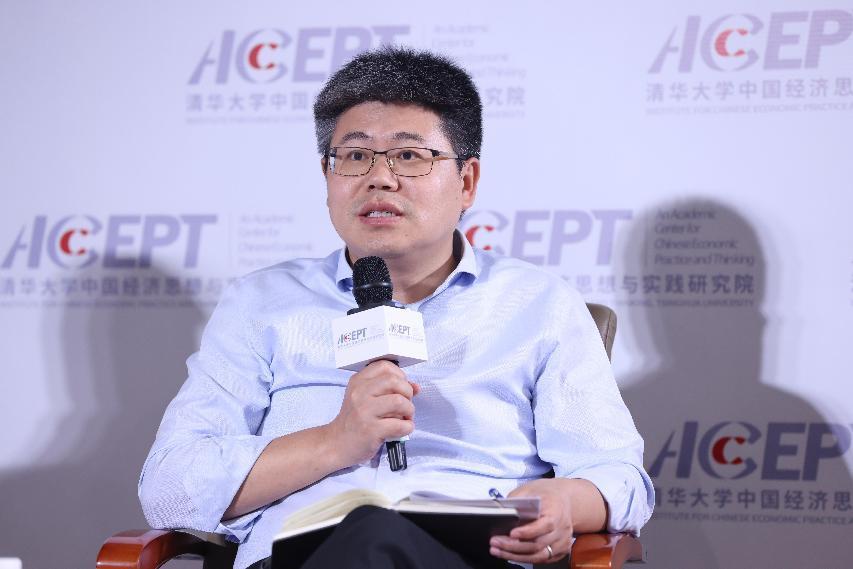Hua Changchun: Reviving confidence and attracting foreign investors requires policy stability and predictability
The following is a summary of Hua Changchun's comments during a roundtable discussion at the 47th Tsinghua University Forum of China and the World Economy held at Tsinghua University, Beijing, on July 6, 2024. Hua is Chief Economist for Greater China at Kohlberg Kravis Roberts & Co.
On July 6, 2024, the 47th Tsinghua University Forum of China and the World Economy, hosted by Tsinghua University's Academic Center for Chinese Economic Practice and Thinking (ACCEPT) in partnership with the School of Economics and Management Alumni Center, was held on campus. Chief Economist for Greater China at Kohlberg Kravis Roberts & Co., Hua Changchun, participated in a roundtable discussion at the forum alongside other distinguished guests where he commented on the need for greater policy stability and predictability to revive market confidence.

On July 6, 2024, the 47th Tsinghua University Forum of China and the World Economy was held inside the Weilun Building's main lecture hall on campus at Tsinghua University's School of Economics and Management. The biannual event was hosted by Tsinghua University's Academic Center for Chinese Economic Practice and Thinking (ACCEPT) under the theme of China's 2024 Mid-Year Economic Update. During the forum's proceedings, Hua Changchun, Chief Economist for Greater China at Kohlberg Kravis Roberts & Co., participated in a roundtable discussion alongside other distinguished guests where he commented on the need for greater policy stability and predictability to revive market confidence.
Hua Changchun drew attention to the fact that if longer-term economic growth remains below the overall potential growth rate, this will undermine the confidence of domestic residents and entrepreneurs, while reduced employment for young people will have a profound impact on the fundamentals for the country's continued economic development. Thus, it is currently of the utmost importance to work towards restoring economic momentum and shoring up market demand. At present, China is showing signs of a balance-sheet recession, which could further contribute to the erosion of the country's entrepreneurial spirit and economic vitality, posing a huge obstacle in the way of sustaining its economic development.
When talking about the similarities and differences between China's current asset price decline and Japan's three lost decades, Hua Changchun remarked that Chinese assets in the capital market at present has followed a tendency resembling that of Japanese assets in 1992. However, whether or not this hypothesis is borne out remains to be seen given the undecided outcome of ongoing reforms. He pointed to differences in the patterns between China and Japan for how the bursting of their real estate bubbles came to pass: with the Japanese model involving a longer-term process of decline, while the scale of the Chinese bubble moreover has not been as large as that of Japan's. In addition, the impact of the two countries' scientific and technological advancements in the global context has also diverged: with China having important advantages in the digital and intelligence revolutions as well as the energy transition.
As for the decline in foreign direct investment and other related issues, Hua suggested that uncertainty regarding geopolitics and domestic policies are the main culprits. Although foreign investors still have confidence in the potential of the Chinese market, they need to first witness a revival in policy stability and predictability.




